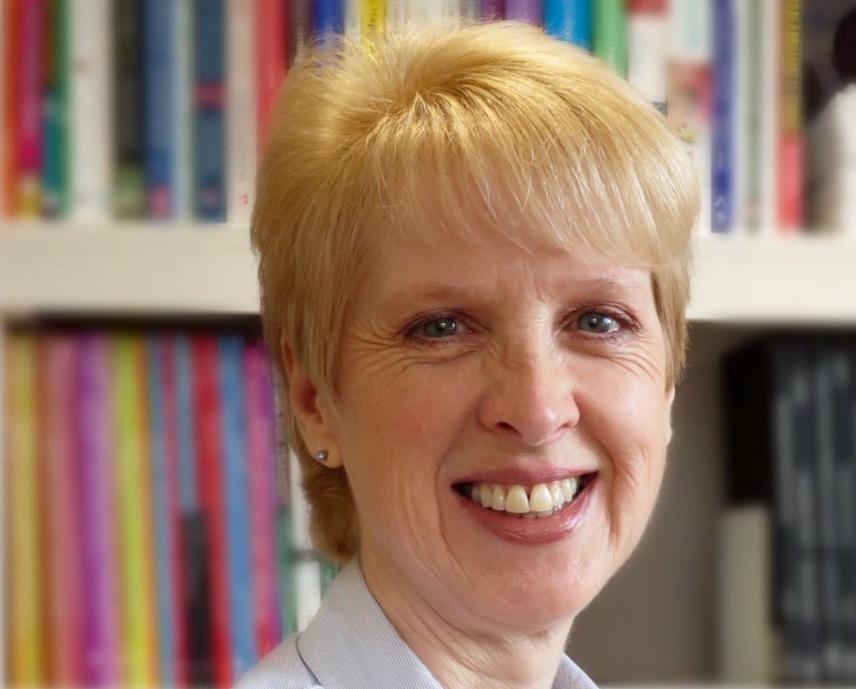FE National Conference 24th March 2016: Leading aspiration

I attended the above annual conference at the Thistle Hotel Heathrow, organised by Paul Tully of Newbubbles Ltd. Newbubbles’ mission is to support further education (FE) and to promote the interests of all those that work in the sector.
I thought I would take this opportunity to summarise the event in this article. Highlights and materials from the conference will be available from the Conference section of the Newbubbles website.
The conference was opened by Paul in which he talked about the challenges people in FE are currently facing. For example, the new Common Inspection Framework, the Prevent Agenda, Area Reviews and cuts to funding.
This was followed by a keynote speech from Lord Adonis, former advisor to Tony Blair. Personally, I felt his speech was more focussed on schools and higher education, with little being mentioned about FE. However, he did state at the end that in 2020 the focus of the election should be on FE and Apprenticeships. He felt that FE was the poor relation in the education sector, which had been passed between different government departments, but he didn’t give any opinions as to how this could be improved.
Natalie Bennet, leader of the Green Party followed. I felt she had done her homework and she gave an impressive speech about vocational education, backed up with lots of statistics. She clearly came across as knowing what she was talking about regarding FE. She stated that schools and colleges should not be exam factories and that we should replace measurement with trust. A great quote from Natalie was ‘education for life not just exams’. She also stated that apprenticeships should set a person up for life. Currently, 31% drop out and 29% are in jobs which don’t match their skills i.e. they are under or over qualified.
Unfortunately, Nick Linford, founder of FE Week was unable to attend to deliver his keynote speech.
A panel discussion followed chaired by Dr John Lea from the Association of Colleges. This included Lord Adonis and Natalie Bennet who took questions from the delegates. A question was put to Lord Adonis regarding all schools becoming academies and how this might affect FE. He stated that FE is not the right direction for public services, I’m not really sure what was meant by that. I asked what the panel felt about teaching qualifications in FE in England not being a requirement any more. I mentioned that in Northern Ireland, FE teachers must hold a degree and a PGCE, and as a result there is a shortage of good vocational teachers. I wanted to know if there could be some parity in the UK for all FE teachers to hold a teaching qualification. Many delegates voiced their concerns regarding this, and also that if schools become academies, the teachers are not required to be qualified either. This could have been debated a lot more, but time was running short.
After a break there were further speeches. The first was from Professor Alison Fuller, from the UCL Institute of Education. She talked about the workplace as a learning environment, and that workers could have a new identity as a worker and a learner. She said that learning and continuing professional development should be inseparable from work. These were good points for us to think about.
Tony Davis, Director of the Centre for Creative Quality Improvement said he was going to talk about the ‘elephant in the room’. This was referring to the recent speech from Sir Michael Wilshaw in which he said that 16-19 year olds should be educated in schools, not colleges. Tony called for Michael’s resignation but I doubt if this will happen.
Dr Matt O’Leary form Birmingham City University stated it was a challenging time to be working in FE, with cuts of 1/5th. He wondered if FE would be further affected by the four billion hole in the budget. I feel Matt has worked hard to remove grading from lesson observations. However, he stated that removing grades doesn’t change anything. Staff still need supporting rather than sorting, and that worthwhile sustainable improvements take time. He said we need to recapture professionalism from policies and politicians, which is so true. He also felt teachers should be able to express autonomy in what they do, and foster collaborative working.
A further panel discussion took place which was chaired by Dr Jim Crawley of Bath Spa University, and included Professor Alison Fuller, Dr Matt O’Leary, Dr Maxine Room CBE, a former principal, Richard Moore, a former HMI Inspector and Sarah Simons of UKFEChat. Questions from delegates ranged from grading lesson observations to the issues facing teachers in today’s climate. The questions were dealt with well by all, with a good point from Sarah summing up the discussion: teachers should be the best they can be for their learners.
The afternoon offered the opportunity for delegates to attend various workshops by some of the keynote speakers, as well as other highly regarded people from the field of education. This also gave the opportunity for networking and discussion.
I looked back at my article, written this time last year regarding the 2015 FE conference, and I felt a sentence in my summary then, is the same now……
From talking to other delegates and the speakers, I felt the key theme coming through from the day was passion. However, it’s the passion to be able to do our jobs without interference and stifling from bodies which constantly seem to force change upon us.
Does this mean, a year later, we are still stifled? I think the answer is yes.
Next year’s FE National Conference will again be organised by Paul Tully of Newbubbles Ltd. Newbubbles hopes all FENews readers will join them for another informative and energising CPD event next March, on the theme of assessment.
Ann Gravells is an author, creator of teacher training resources and an education consultant.
She can be contacted via her website: www.anngravells.co.uk
You can follow her on Twitter @AnnGravells











Responses